Search
Search within Conflict
235 results found
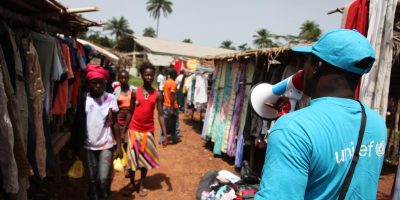
Evidence Reviews
How Sure Are You? Judging Quality and Usability of Data Collected during Rapid Needs Assessments
The objective of this technical brief is to provide guidance on how you could assess the quality of information used as evidence for decision making during humanitarian needs assessments. It aims to assist analysts in understanding the distinction between sources…
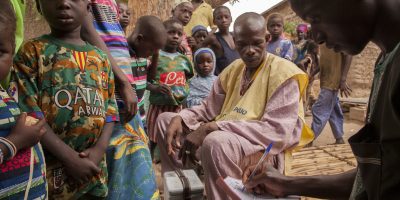
Evidence Reviews
Estimation of Affected Population Figures
This Technical Brief is for assessment experts, information management officers and information analysts planning or implementing assessments in emergency contexts. It provides guidance on how to select and use suitable methods when conducting a population estimation exercise.This technical brief builds…
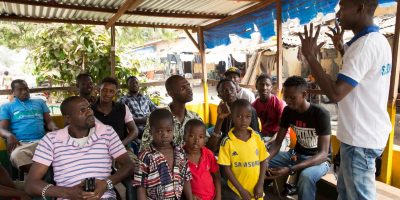
Evidence Reviews
Quick and Easy Guide: Assessing Information & Communications Needs Booklet
Humanitarian needs assessments are carried out to determine the immediate needs of a population following an emergency or humanitarian crises. Once an assessment has been carried out and data has been analysed, humanitarian organisations can make key decisions about their…
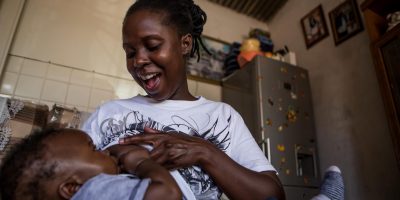
Evidence Reviews
Demographic Profile: Using Secondary Data
The purpose of this technical brief is to assist humanitarian workers in using secondary demographic data in emergencies. It recommends building a context specific demographic profile based on available information. It proposes some rule-of-thumb standards, which can be adapted to…
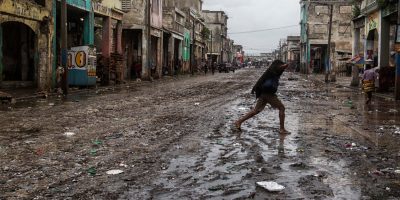
Evidence Reviews
Rapid Humanitarian Assessment in Urban Settings
This Technical Brief is intended to be a starting point for improving coordinated needs assessments in urban areas, without which the humanitarian community will not be able to ensure the quality and accountability of urban response itself. It provides guidance…
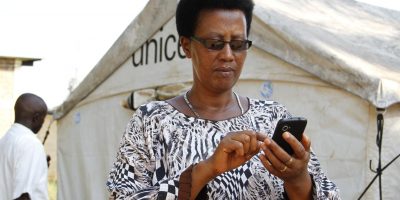
Evidence Reviews
Lessons Learned: Social Media Monitoring during Humanitarian Crises
Monitoring of social media conversations in the aftermath of the Nepal earthquake was found mainly to be useful in two ways: 1. Analysing public reactions to media reports: The data enabled the team and clients to see which issues were…
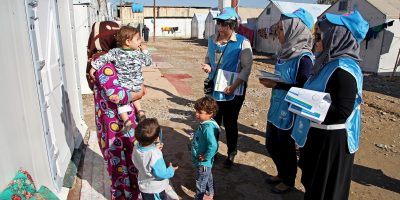
Briefings
Evidence Reviews
Questionnaire Design for Needs Assessments in Humanitarian Emergencies
The brief starts with an explanation of the main purpose of a questionnaire and the principles that should be followed to reach these objectives. Afterwards, the ten steps of questionnaire development are discussed. The brief concludes with sections on what…
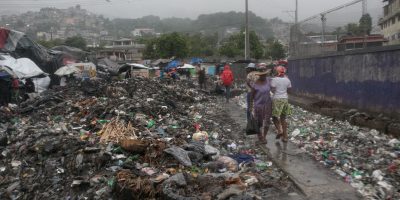
Evidence Reviews
Severity Measures in Humanitarian Needs Assessments – Purpose, Measurement, Integration
Severity is a key parameter in humanitarian decision making. “Severe” is part of ordinary language; “severity” more institutional. We make absolute statements (“The patient is in asevere condition”) as well as comparative ones (“The townspeople are even more severely impacted…
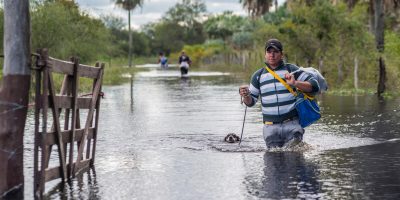
Briefings
Scenario Building in Preparation for or during Humanitarian Crises
The humanitarian community often finds itself unprepared for unfolding humanitarian developments or sudden events: the 2010 cholera outbreak in Haiti and the sudden spread of Islamic State areas of control in 2013 in Syria are just two of the many…

Evidence Reviews
Measuring the Quality and Performance of Healthcare Providers in Conflict Settings
The purpose of the review was to provide a summary of possible indicators which might be used to measure the performance and quality of healthcare in conflict-affected settings. There is considerable guidance on measuring access, availability and quantity of health…

Evidence Reviews
A Devastating Toll: the Impact of Three Years of War on the Health of Syria’s Children
Syria’s shattered health system is forcing health workers to engage in brutal medical practices and a series of epidemics have left millions of children exposed to a plethora of deadly diseases. This report sheds light on a broken health system…
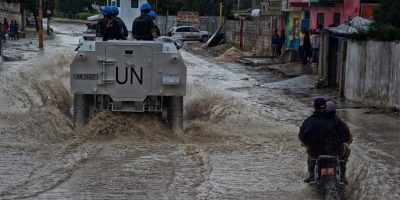
Evidence Reviews
Natural Disasters, Armed Conflict, and Public Health
The effects of armed conflict and natural disasters on global public health are widespread. Much progress has been made in the technical quality, normative coherence, and efficiency of the health care response. But action after the fact remains insufficient. In…


